Pre Pregnancy Diet Exercise Plan
What you eat can play an important role in your health during pregnancy and the health of your developing baby. It's also why pre-pregnancy nutrition is an important consideration for those trying to conceive. Unfortunately, many women don't eat a well-balanced diet that meets the nutritional demands of pregnancy. Generally, the focus should be on nutrients that boost fertility while catering to the needs of the baby you could soon be carrying. To help you prepare the best pre-pregnancy diet plan, here is everything you need to know.
 Key Nutrients To Include In Your Pre-Pregnancy Diet Plan
Key Nutrients To Include In Your Pre-Pregnancy Diet Plan
To improve fertility and have a healthy pregnancy, there are several key nutrients you must consider:
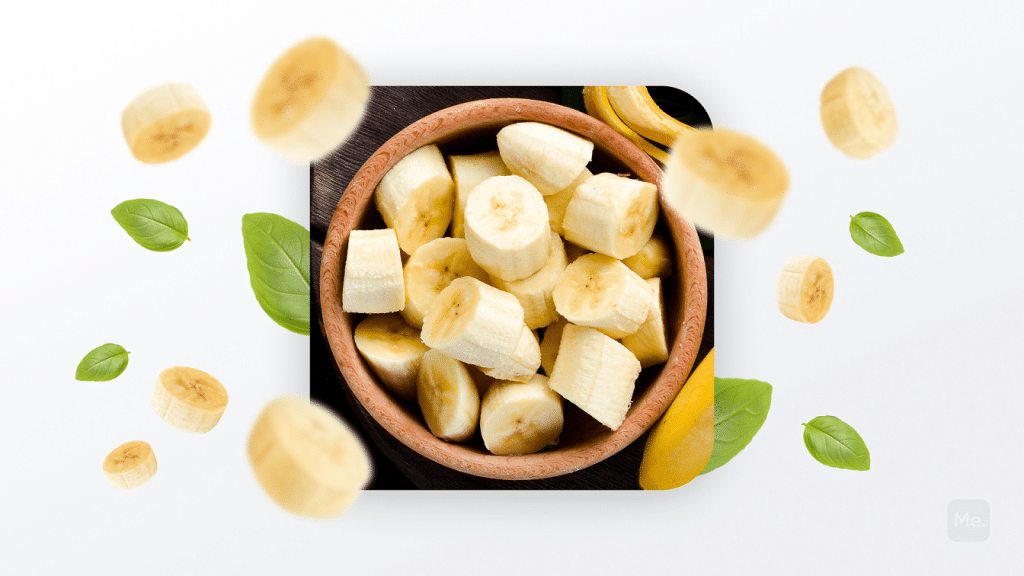
Folic Acid
Folic acid is an important vitamin to take while trying to conceive, for both mother and child. It does more than help prevent birth defects ( 9 ).
Folic acid, or folate, is one of the B vitamins that helps provide healthy cells with energy. This vitamin is essential during the earliest stages of pregnancy when a fetus's spinal cord and brain are forming ( 9 ).
After conception, it can help prevent neural tube defects (NTDs) ( 9 ). The U.S Centers for Disease Control and Prevention (CDC) recommends that all women of childbearing age get at least 400 micrograms of folate every day in their diet through foods like ( 17 ):
- Leafy green vegetables – spinach, kale, bok choy, and swiss chard
- Fortified cereals – breakfast cereals that contain 100 percent of the recommended daily value
- Beans and nuts – peanuts, kidney beans, and lentils
- Oranges and orange juice
When she becomes pregnant, a woman's folate requirements increase to 600 micrograms per day. Some medical evidence also suggests that adequate intake of folate may reduce a woman's risk of having a baby with a heart defect or oral cleft – birth defects involving structures of the face and mouth ( 6 ).
In addition to a healthy diet, many doctors prescribe folic acid supplements for women trying to conceive. This can help reduce your chances of having a baby with an NTD.
Read More: How Many Calories Should A Pregnant Woman Eat? The Truth Behind "Eating For Two"

Calcium
Calcium is essential for building and maintaining strong bones throughout your life. It is also used to conduct muscle contractions, transmit messages through the nervous system, and help with blood clotting ( 4 ).
During pregnancy, your baby requires calcium even more than you do in order to build its sturdy little bones ( 9 ). However, when you're pregnant, it's extremely important that you get sufficient calcium intake from foods like:
- Milk
- Yogurt
- Cheese
- Kale and broccoli
- Calcium supplements
If you don't take enough calcium during pregnancy to meet both your own requirements as well as those of the baby growing inside of you; then your body will pull it from your own bone reserves. This significantly increases risk of developing osteoporosis later on in life.
Calcium is recommended to pregnant women in amounts anywhere from 1000mg to 1300mg per day, depending on your dietary habits and current calcium counts. The RDA (Recommended Dietary Allowance) for pregnant women is 1200 mg/day for ages 19-50 years old ( 9 ).
Many people assume that they can get their daily amount of calcium simply by eating a salad or drinking a glass of milk a day, but it can be more difficult than it sounds. This means that you really have to monitor the amount of calcium you're ingesting from all sources during pregnancy.
Keep in mind that vitamin D allows your body to absorb and work with calcium. So be sure to provide yourself with adequate amounts of this vitamin in order to prevent a deficiency that could lead to brittle bones later on in life.
Intense sweat sessions, working weight loss tips, lip-smacking recipes come in one package with the BetterMe app. And all of it is at your fingertips, start transforming your life now!
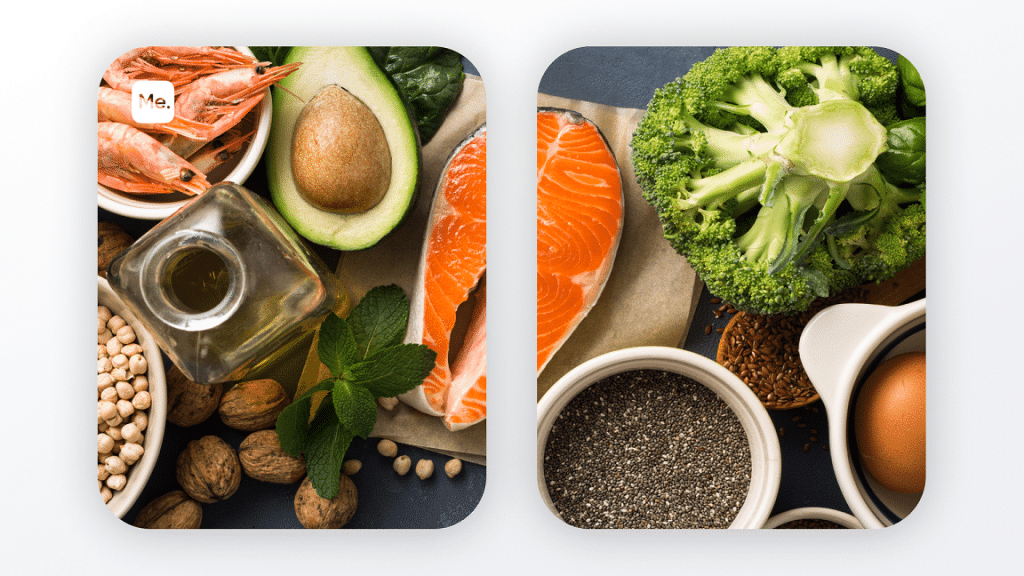
Iron
Iron is a major component of hemoglobin, which is found inside red blood cells. Hemoglobin can be used to transport oxygen to various parts of the body, which then assists with the release of energy from molecules. Iron plays an important role in producing dopamine and serotonin, neurotransmitters that are responsible for mood regulation, sleep routines, hormone production, and digestion ( 15 ).
When trying to conceive many women might wonder why they should even bother worrying about iron at all. After all, you don't have any excuse not to eat healthy during pregnancy so why take extra precautions? The answer is simple: because iron levels drop naturally after menstruation ends, it's possible that you could become anemic if your levels are low ( 9 ). Anemia is a condition that occurs when your body doesn't have enough healthy red blood cells, which can cause you to feel constantly tired.
Good sources of iron include:
- Beef
- Oysters
- Chicken
- Turkey
- Venison
- Clams
- Spinach
The recommended daily allowance for iron during pregnancy is 27 milligrams ( 8 ). If you're pregnant or planning on becoming pregnant soon then consider talking to your doctor about the best way to maintain healthy levels of iron in your system, including taking an over-the-counter multivitamin with iron supplements if necessary.
Iron supplements are sometimes recommended for both men and women who are trying to conceive because it's easy to become anemic without knowing it, particularly if your diet isn't high in iron-rich foods. Furthermore, too little iron could increase your baby's risk of being underweight or premature.
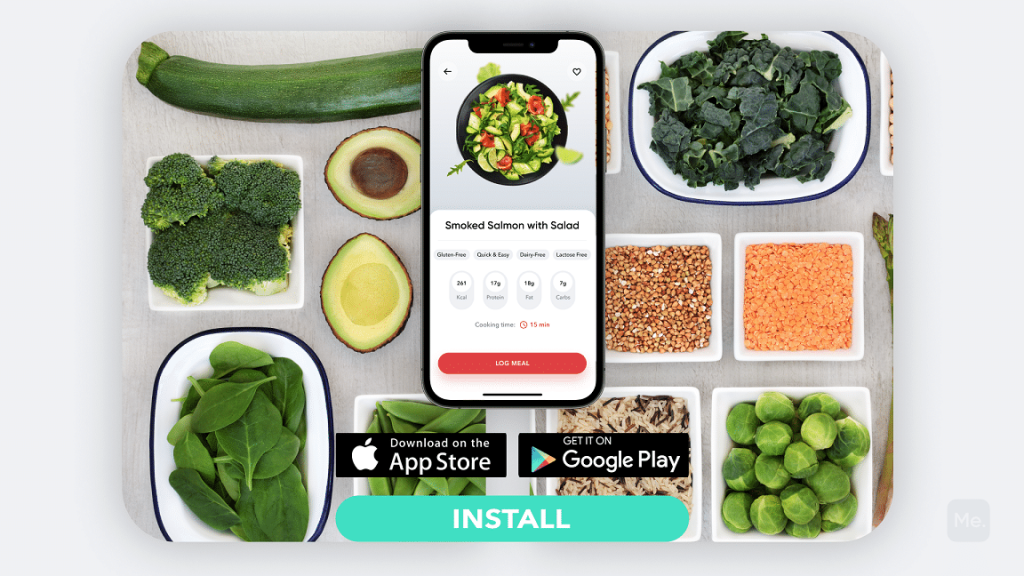
Omega-3 Fatty Acids
Omega- 3 fatty acids are essential fatty acids that play a key role in growth and development. Your body cannot produce them on its own so they must come from food you eat or supplements you take. The two main types of Omega-3 fatty acids are DHA and EPA. They both are polyunsaturated fats that help keep your cardiovascular system healthy by lowering triglyceride blood levels ( 10 ).
The reason you need omega-3 fatty acids before conception is because they protect against inflammation that can prevent ovulation and implantation. Women who have low levels of Omega-3 in their blood had more endometriosis, cysts, and ovulatory dysfunction than women with normal levels. Research has shown that omega-3 supplements reduce pain associated with endometriosis, polycystic ovarian syndrome (PCOS), and PMS ( 10 ).
Including more of these fats in your diet while trying to conceive may help regulate key ovulation-inducing hormones and increase blood flow to the reproductive organs.
During pregnancy, omega-3 fatty acids are required to produce the baby's brain, eyes, and other vital organs. It has also been shown that taking omega-3 supplements can reduce women's risk of preeclampsia by up to 50 percent ( 10 ).
Current recommendations for pregnant or breastfeeding mothers is to consume at least 200 mg of DHA daily from fish or fish oil supplements ( 10 ). Fish with the highest levels of Omega- 3 include:
- Salmon
- Anchovies
- Herring
- Mackerel
- Sardines
- Lake trout
- Tuna
Since fish contain pollutants such as mercury and lead poisoning can be a risk to both children and adults it is best to talk with your doctor about how much fish you should be eating and what types of fish are the safest to eat during pregnancy. A good list is also available here.
Read More: High Fiber Foods For Pregnancy: What To Eat To Keep Your Gut Healthy
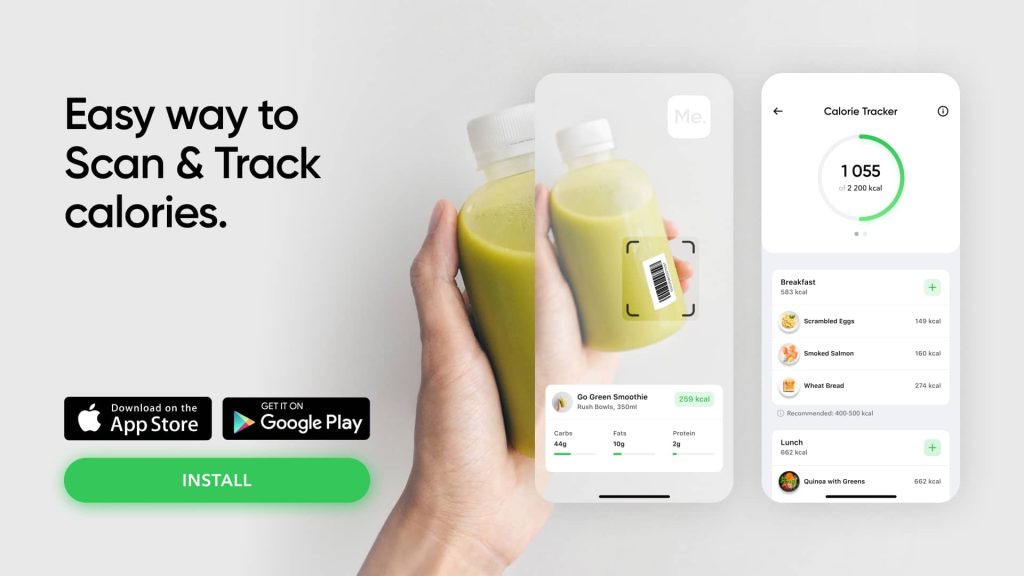
Fiber
Fiber keeps you fuller for longer and it must be part of your pre-pregnancy diet if you are trying to lose weight in order to conceive. It can help you regulate your calorie intake and maintain a healthy pre-pregnancy weight. This is important because being overweight puts you at higher risk of developing gestational diabetes when you're pregnant. Higher pre-pregnancy fiber intake has been associated with a lower risk of gestational diabetes as well (13).
A daily dose of fiber also keeps things moving smoothly along in the colon. When you don't have enough fiber in your diet, waste can get stuck in the colon and cause constipation. Constipation causes straining that puts pressure on the blood vessels around the uterus – a condition called hemorrhoids. Hemorrhoids are painful and can increase a woman's risk of bleeding during delivery.
Some ideal high-fiber foods to include in your pre-pregnancy diet include:
- Whole grains – oats, quinoa, whole wheat, and bulgur
- Fruits and vegetables – raspberries, pears, apples with the skin on, broccoli, carrots
- Legumes – lentils, chickpeas, beans and peas
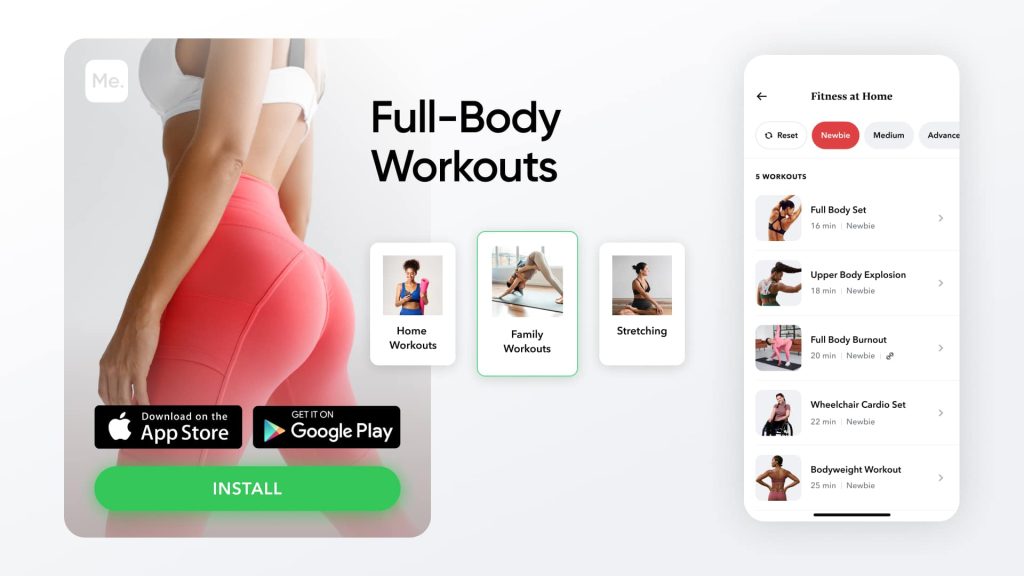
Protein
If you are actively trying to conceive a baby, another thing that you can do is increase your protein intake. Protein is an essential part of life, as it helps us stay healthy and strong. For pregnant women, proteins help supply essential nutrients to the baby. Some foods that are rich in protein include:
- Fish – salmon, tilapia, and other seafood
- Lean meats – poultry, lean beef, and bison
- Black beans
- Nuts and seeds
- Eggs
- Cheese
- Yogurt
What To Eat When Trying To Get Pregnant
When you're trying to conceive, your pre-pregnancy diet plan should be packed with foods that improve fertility and overall health. Ideally, you should eat as if you're already pregnant by including the following food groups:
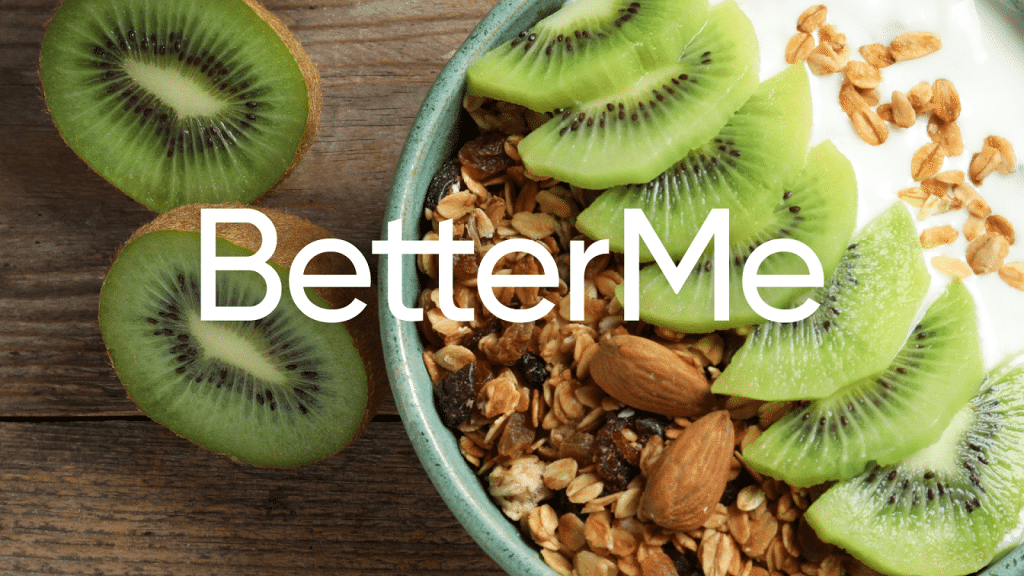
Fruits And Vegetables
Raw fruits and slightly cooked vegetables give the body a rich supply of glutathione, which is important for egg quality.
It also helps to add fruits and vegetables into your diet because they contain antioxidants that help to prevent chromosomal abnormalities in the embryo ( 2 ). In addition, it's important that you eat a variety of vegetables from different food groups such as leafy greens, root vegetables, and cruciferous vegetables. They also provide fiber.
Fats
Healthy fats are essential for fertility and a healthy pre-pregnancy diet because they make up a large part of cell membranes which keep all cells healthy.
Eating plenty of fish, taking flaxseed oil or cod liver oil will provide omega-3 fatty acids which improve mental development in embryos and blood flow to the uterus ( 10 ). On the other hand, omega 6 fatty acids found in vegetable oils promote inflammation which impairs implantation of an embryo. Instead use olive oil or avocado oil when cooking at home.
Complex Carbs
Carbohydrate intake is important to improve egg quality and regular menstrual cycles because they help release the hormone that stimulates egg development, ovulation and implantation ( 16 ). Healthy carbohydrate sources include barley, brown rice, buckwheat and whole grains such as rye breads and oatmeal.
Protein
Consuming protein rich foods helps support a healthy pregnancy by promoting better uterine lining growth. It also reduces nausea during early pregnancy by keeping blood sugar levels stable ( 14 ). Whole protein sources such as eggs, fish, poultry, lean meats, beans and lentils are the most nutrient dense protein options for pre-pregnancy diet plans.
Dairy
Dairy products like kefir, tempeh and ghee are high in calcium that's essential for healthy fetal development. They also contain the probiotic lactobacilli that support healthy gut function. Some research even suggests that consuming full-fat dairy may increase your chances of conceiving.
Whether you're looking to simply pep up your fitness routine, jazz up your diet with mouth-watering low-calorie recipes or want to get your act together and significantly drop that number on your scale – BetterMe app has got you covered! Improve your body and revamp your life with us!
Foods To Limit Or Avoid

Certain foods can interfere with your chances of conceiving, such as:
Caffeine
Drinking caffeinated beverages like coffee, black tea and sodas can make it harder for you to conceive because caffeine increases your heart rate which reduces blood flow to the uterus. It has also been recorded to increase cortisol levels which can lead to early miscarriage or chromosomal abnormalities in embryos ( 5 ). You'll need to limit caffeine during pregnancy anyway, so consider making the adjustment now.
Alcohol
When trying to get pregnant, it's best to avoid alcohol at all costs because it affects fertility by disrupting hormones. When consumed during pregnancy, it could cause fetal alcohol syndrome which can lead to physical disabilities and learning disorders ( 1 ). This damage can be done very early on before you even know you are pregnant, so it's best to avoid alcohol as soon as you start trying to conceive.
Sugary Drinks
If you're trying to conceive, excess sugar intake should be a concern because it causes insulin resistance leading to hormonal imbalances that impact ovulation. In addition, research is beginning to find an association between sugary beverage intake and lower fertility ( 11 ). Avoid soda, fruit juice and energy drinks when planning a baby.
Processed Foods
If possible, make your own meals from scratch by using fresh ingredients instead of processed foods because they tend to promote weight gain. Maintaining a healthy weight will increase your chances of conceiving. Processed meats such as hot dogs may also be best avoidedfor fertility because they contain nitrates which may increase miscarriage risk during early pregnancy (3).

What To Consider To Create The Best Pre-Pregnancy Diet And Exercise Plan
While trying to conceive, you must ensure your overall physical and mental health. Here are a few tips to ensure you're making the most of your diet and exercise plans:
Choose Whole Foods
When choosing what food groups to consume during your pre-pregnancy diet, always opt for whole foods instead of processed or refined options. This way you'll get more nutrients and fiber while maintaining a healthy weight.
Don't Eat For Two
Many women think it's okay to eat excessively when trying to get pregnant but this actually disrupts the metabolism leading to weight gain and hormone imbalances that impair fertility ( 18 ). It's best to eat regular and healthy portions instead of binging on junk food when you're trying to conceive.
Limit Toxin Exposure
If possible, avoid toxic substances such as pesticides that may affect both the fertility and health of any unborn baby. Select organic produce if possible, and otherwise rinse your produce well before consuming it. Limit processed meats that contain nitrates and make sure you have access to safe, clean drinking water.
Practice Stress Relief
One way to support your overall health and fertility is through regular meditation, relaxation, and stress relief exercises which lower cortisol levels and regulate hormones like estrogen and progesterone needed for successful conception.
Exercise
Exercising regularly can help you maintain a healthy weight and increase your chances of conceiving. Exercise during pregnancy is also great for you and baby, so make it part of your routine now. Aim for 30 minutes of physical activity, 5 or more days per week.
The Bottom Line
Having a healthy pre-pregnancy diet is important for conceiving a baby and providing a comfortable environment for your child's development. To reduce caffeine, alcohol, sugar and processed food intake while increasing nutrient dense foods such as fruits and vegetables, fats, complex carbohydrates and lean proteins should be part of any preconception plan.

DISCLAIMER:
This article is intended for general informational purposes only and does not address individual circumstances. It is not a substitute for professional advice or help and should not be relied on to make decisions of any kind. Any action you take upon the information presented in this article is strictly at your own risk and responsibility!
SOURCES:
- Alcohol Use in Pregnancy (2020, nih.gov)
- Antioxidant Consumption is Associated with Decreased Odds of Congenital Limb Deficiencies (2017, nih.gov)
- A Review of Nitrates in Drinking Water: Maternal Exposure and Adverse Reproductive and Developmental Outcomes (2006, nih.gov)
- Calcium (2021, nih.gov)
- DOES CAFFEINE AFFECT FERTILITY? (2019, laivclinic.com)
- Folate supplementation for prevention of congenital heart defects and low birth weight: an update (2019, nih.gov)
- Gastric Acid, Calcium Absorption, and Their Impact on Bone Health (2012, physiology.org)
- Iron Nutrition During Pregnancy (n.d., nih.gov)
- Nutrition Before Pregnancy (n.d., rochester.edu)
- Omega-3 Fatty Acids and Pregnancy (2010, nih.gov)
- One or More Sodas a Day Associated with Lower Chance of Getting Pregnant (2018, bu.edu)
- Pesticides in produce linked with reduce fertility in women (n.d., harvard.edu)
- Planning a Pregnancy? Eat Your Fiber (2006, webmd.gov)
- Researchers identify protein essential for embryo implantation (2011, nih.gov)
- Review on iron and its importance for human health (2014, nih.gov)
- The Effect of Low Carbohydrate Diets on Fertility Hormones and Outcomes in Overweight and Obese Women: A Systematic Review (2017, nih.gov)
- Women Need 400 micrograms of Folic Acid Every Day (2021, cdc.gov)
- 'Eating for two' pregnancy myth still risks harming mothers and their babies despite best intentions (2017, rcog.org.uk)
Pre Pregnancy Diet Exercise Plan
Source: https://betterme.world/articles/pre-pregnancy-diet/